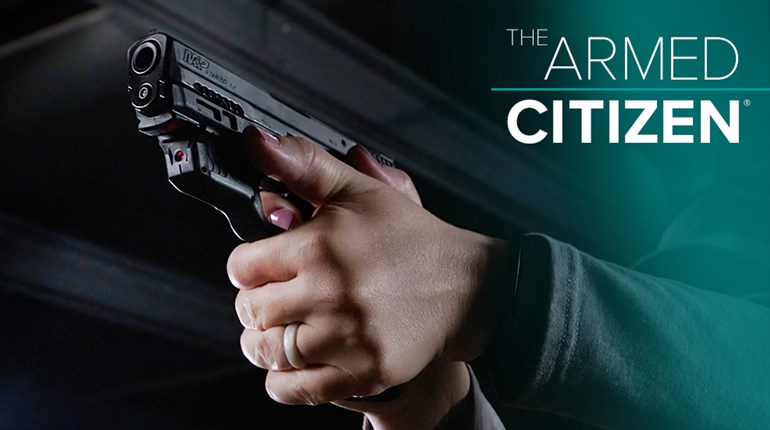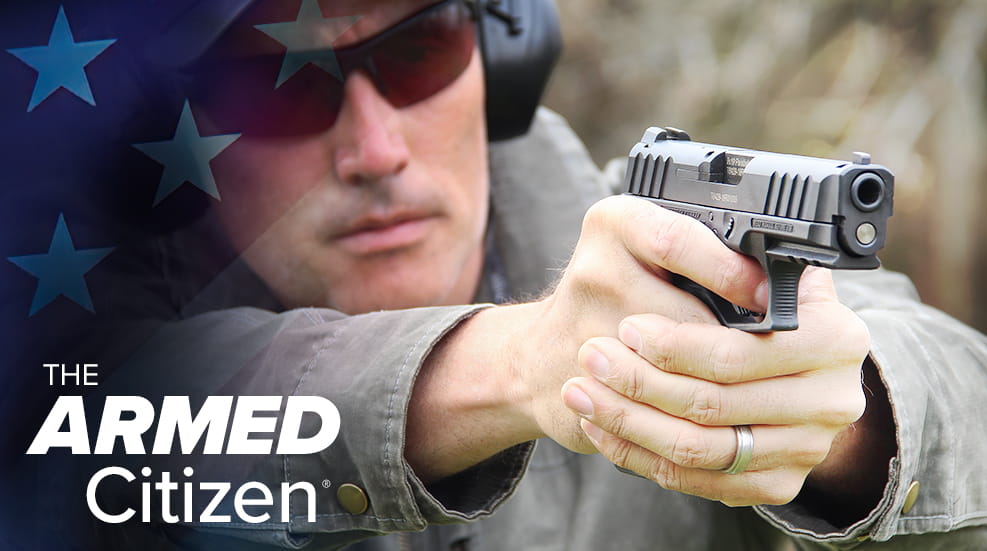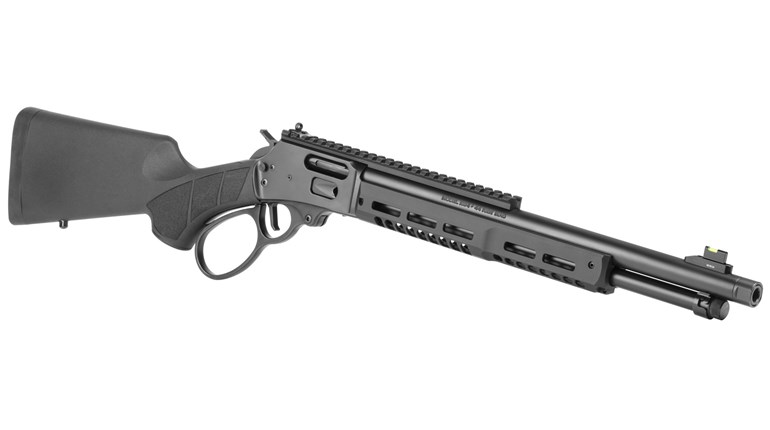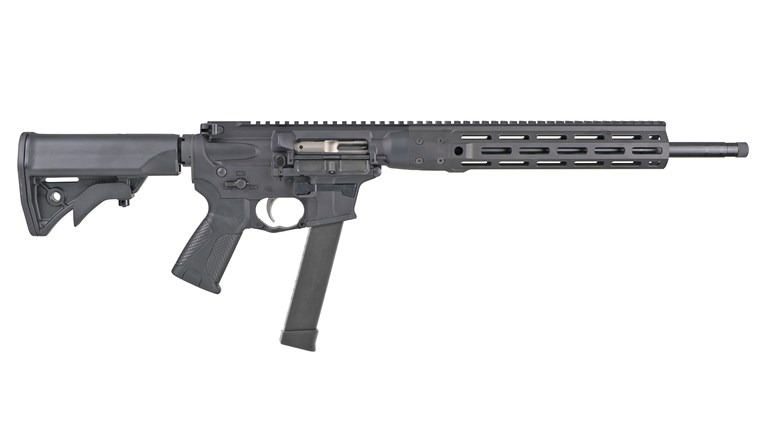
To gain a new perspective on just how exceptional America really is, look no further than the U.S. Constitution. In the Founders’ sincere desire to enshrine our pre-existing natural rights, they crafted a document that is truly unique in the scope of history—and the modern world.
One of those “self-evident” natural rights is the right to self-defense; specifically the right to keep and bear arms. To see how truly unique this is in the scope of today’s world, consider that of 196 countries that currently exist, only three have the right to bear arms enshrined in their constitution—the United States, Mexico and Guatemala. One country in Central America is looking to reverse the trend, however, and make it easier for citizens to protect themselves and their loved ones.
Mexico hardly counts; its leaders have legislated away that right for the vast majority of the country’s citizens—a dire warning for Americans. Obtaining a firearms permit in Mexico costs the rough equivalent of a year’s pay, and citizens are severely limited as to the caliber of gun allowed. On top of that, there is only one authorized gun store in the entire country of 120 million people. Of course, none of these restrictions have made a dent in the horrific violence that has claimed more than 50,000 lives since 2008.
Citizens of most other countries in Latin America find it difficult to own a gun as well, although the region has the highest murder rate on the planet. In Chile, if caught carrying a firearm (even a registered one) outside a private home, the law automatically assumes you intend to commit a crime with it. In 2012, Venezuela banned the sale of all firearms and ammunition to civilians. One has only to turn on the news to see how crime has skyrocketed in the country since then.
One country in Central America is looking to reverse the trend, however, and make it easier for citizens to protect themselves and their loved ones. Panama’s new president, Juan Carlos Varela, has been working to clean up the government and streamline its operations since he took office in July 2014.
And there is much work to be done. Panama’s murder rate is about four times that of the United States, though if Panama were an American city it would not even be one of the top 30 most dangerous places to live in the U.S. And if you aren’t involved in gangs or narcotics trafficking in Panama, your chances of being murdered drop by around 90 percent.
Many of the deaths can be attributed to Panama’s geography as “the mouth of the funnel” between the coca fields in Colombia and the enormous demand for drugs in the United States. Since drugs captured in Panama each year are measured in metric tons, one can be sure anyone transporting drugs through the country unsuccessfully will have a fairly short lifespan.
But self-defense is still important. Home invasions and robbery are on the rise. When it comes to firearms, Panamanians have a seemingly straightforward path to legal ownership. One need only to apply for a permit, take a drug test, a vision test, a psychological health exam and pass a background check. Each firearm had its ballistic fingerprint taken. That was supposed to be the entire process.
But the devil is always in the details, and in reality it could take a year or more to receive one’s permit. When the current administration took over, there were more than 2,500 applications in limbo, with over 700 of them nearly impossible to clear, since the department that was supposed to process the applications when they were submitted no longer exists. Such is the mess the current administration inherited—and is promising to fix.“We are in favor of carrying weapons responsibly and we’re not anti-guns,” Zegarro said. “I have carried a gun myself for many years. We just want to foster responsible carry of weapons.”
The previous administration placed a moratorium on the importation of firearms in 2010, and today, guns for sale are all but impossible to find. One gun store recently had just three ancient handguns on display, all priced several times what they would cost in the United States.
The moratorium has had little effect on gun crime in Panama. In the first three months of 2015, there were more than 165 murders—a number that makes “personal security” the most important issue on people’s minds in a recent poll.
A lot of excitement was generated in August when Public Safety Minister Rodolfo Aguilera hinted the moratorium would be lifted, and pointed out stats from the United States showing a marked decrease in the murder rate even as gun ownership has soared in recent years.
A1F Daily recently scored an interview with Director Luis Zegarro from Panama’s Ministry of Public Security. His office has been given the task of revamping Panamanian firearm regulations and approving gun permits. He explained the current situation with Panamanian gun law:
“We are in favor of carrying weapons responsibly and we’re not anti-guns,” Zegarro said. “I have carried a gun myself for many years. We just want to foster responsible carry of weapons.”
To do that, this administration is doing something that is rare in any bureaucracy—injecting common sense into the process.
“We checked to see if any studies had been done to justify the moratorium, and there weren’t any,” Zegarro said. “Our goal right now is to do our research to see what changes we can make … that will improve citizen security.
“The government wants to lift the moratorium, but we want to make sure we do it responsibly.” he added. “Our objective is to expedite the process [of getting a permit] to shorten the time to three weeks or less.”
Before that can happen, however, Panama’s Department of Public Security needs to straighten out the convoluted process of obtaining a firearm.
Zegarro says they have been looking closely at statistics from the United States and elsewhere to help them decide how best to help citizens protect themselves. He’s convinced that training is key. “I have carried a gun myself for many years. We just want to foster responsible carry of weapons.”
“We’ve put together a database of gun crimes that took place in Panama going back to 2011,” he said. “And we found that 72 percent of weapons recovered from crime scenes were once registered weapons.
“This means that ordinary gun owners aren’t well-versed enough in securing their firearms in Panama, so we’d like to see better training become a requirement to obtain a permit.”
If the training requirement is increased, firearms instructors will be in high demand. There are currently very few instructors, and only roughly one firing range open to the public for every million people. Zegarro says he hopes to have the new regulations in place by Christmas—a perfect present for average Panamanians I spoke to who were highly in favor of allowing citizens better access to firearms.
One woman I talked to said she had been robbed twice in the previous two weeks and her biggest question was simply: “How soon can I get a gun?”
Chuck Holton is the host of Frontlines on NRA News, and lives in Panama for a portion of each year.


































